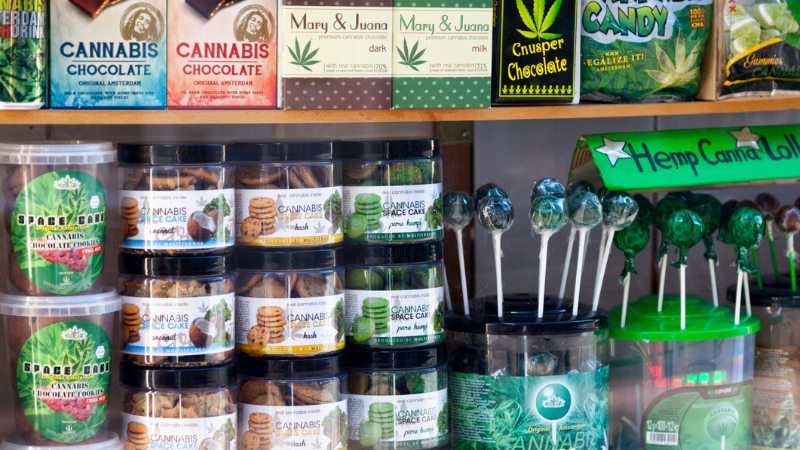
CHICAGO, May 23, 2025 — Texas is set to become the first state to roll back the legalization of recreational THC products, including the hemp-infused packaged beverages that have become popular additions to convenience-store coolers.
The state House of Representatives on Thursday passed a ban on the sale of most THC products. The legislation had been approved by the Senate in March.
Gov. Greg Abbott is widely expected to sign the bill into law. The legislation has particularly strong support from Lt. Gov. Dan Patrick. He maintains that the ready availability of THC products poses a risk to the state’s children.
If the ban is passed, THC could only be used in compassion situations, such as easing the pain of someone with a terminal illness.
Texas legalized the sale of cannabis for recreational use in 2019. A sizeable industry of weed-selling retail stores has sprung up since then.
But THC products have yet to make deep inroads into the food-away-from-home business, in Texas and elsewhere. Since Washington and Colorado became the first states to legalize recreational marijuana use back in 2012, the foodservice business has eyed the potential of incorporating THC-laced products into its product mix. But relatively little action has taken place. Meals based on THC-heavy menus remain a novelty.
Drinks infused with hemp derivatives have gotten more play, but primarily in retail settings. Still, booths sporting THC-spiked beverages were drawing noticeable traffic during the National Restaurant Association Show in Chicago last week.
Still designated by federal law as an illegal substance, cannabis is currently banned in only four states: Idaho, Wyoming, Kansas and South Carolina.
The list of states that have approved its recreational use grew in 2023 when Ohio and Missouri joined the roster.
As Managing Editor for IFMA The Food Away from Home Association, Romeo is responsible for generating the group's news and feature content. He brings more than 40 years of experience in covering restaurants to the position.
Cover image courtesy: Closed Loop Project